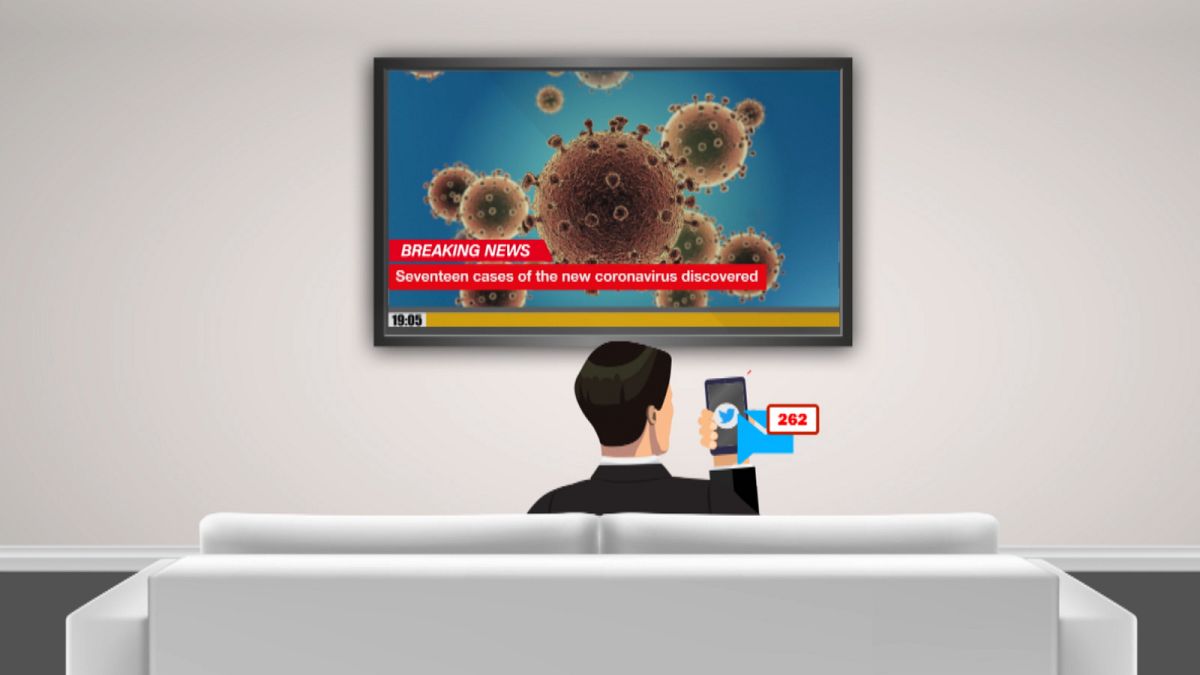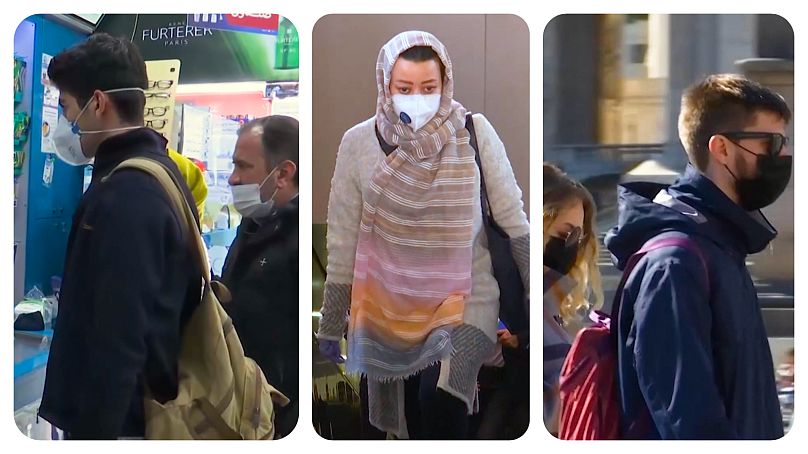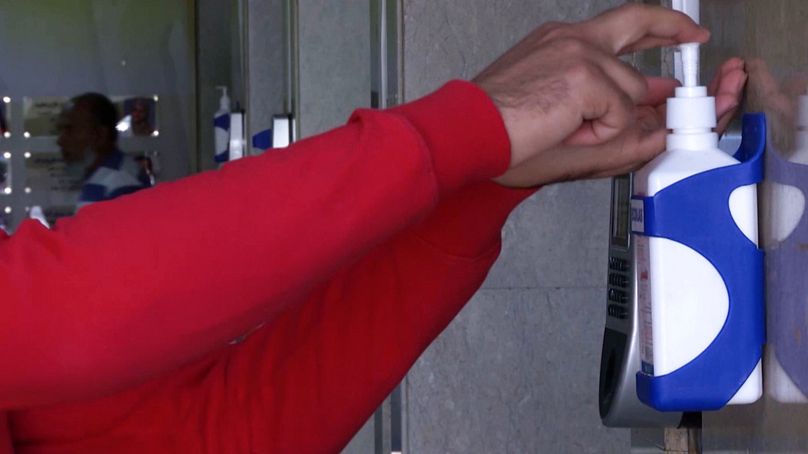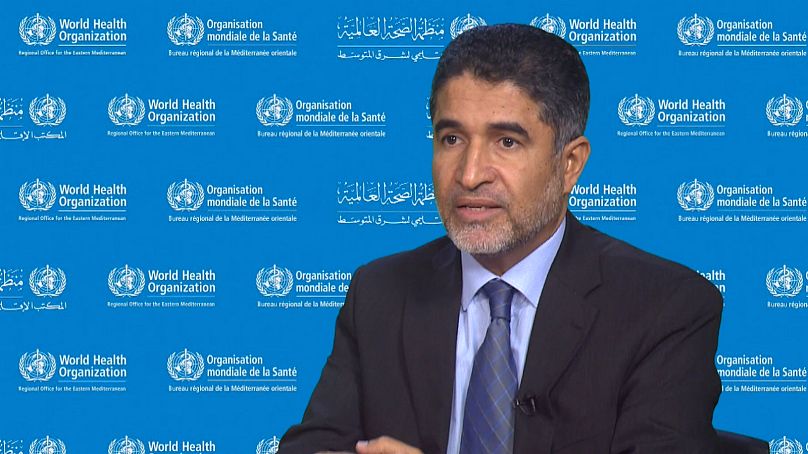Amidst a slew of COVID-19 information being circulated on traditional media, digital and online platforms, the UAE health authorities are seeking to guide residents.
Amidst a slew of COVID-19 information being circulated on traditional media, digital and online platforms, the UAE health authorities are seeking to guide residents.
The disease caused by the novel coronavirus has officially been classified as a pandemic by the World Health Organisation (WHO).
In Dubai, Dr. Hind Al Awadhi, a public health specialist at the Dubai Health Authority, says that using social media has, to date, been the most effective method to address people’s immediate concerns.
“The biggest misconception about the coronavirus is that they think it is an airborne disease, and that they can get the disease just by passing by a sick person,” she says, clarifying that the virus is transmitted through coughed droplets, sneezes and contaminated surfaces.
Dr. Al Awadhi says that people are adopting popular trends, such as wearing medical masks, which isn’t necessarily wise.
“If you have contaminated hands, you may transfer the germs onto your face,” she explains, advising people who are not medical professionals to avoid wearing masks altogether.
WHO guidelines
Some experts believe that an infodemic, or an excessive amount of both correct and incorrect information, is spreading around the world.
The worst-case scenario is that inaccurate information is potentially spreading faster than the virus itself, causing people to make poorly informed decisions.
The WHO has declared misinformation and fear as some of the biggest challenges they face with the new coronavirus.
To combat misinformation, one of their efforts include a dedicated ‘myth buster’ section on their website, which counters false rumours. Mistruths include claims that consuming garlic, or spraying chlorine onto the body, can kill the virus.
In the MENA region, many large-scale conferences and a number of flight routes have been postponed or cancelled. Some schools have been temporarily closed due to concerns about mass contamination.
In order to lessen social anxiety, the WHO advises governments to share accurate information in a transparent and timely manner.
“It will reduce the panic and fear that is commonly seen in emergencies, especially when it comes to outbreaks,” says Dr. Ahmed Al Mandhari, the WHO director of the East Mediterranean Regional Office (EMRO), which includes 22 countries and territories from the Middle East, North Africa, the Horn of Africa, and Central Asia.
In order to communicate accurate data effectively with their constituents, he says, governments should rely less on traditional media as people in the region are relying on more mobile sources.
“The citizens in these countries are using social media almost as one of the main sources of information,” explains Dr. Al Mandhari, “compared to, you know, different countries around the globe.”
Rumour versus fact
Online rumours about infectious diseases are nothing new, says children’s psychiatrist Dr. Ammar Al Banna of Al Jalila Children’s Speciality Hospital in Dubai.
He recalls parental concerns of late about the highly contagious measles virus.
For some of the families who refused to vaccinate their children against the disease, suspecting an association with autism, their inaction had tragic consequences.
“There were many outbreaks recently that were directly linked to the spread of misinformation through social media,” says Dr. Al Banna, “And actually, there were fatalities and deaths out of these outbreaks.”
SEEN ON SOCIAL MEDIA: HANDWASHING ADVICE
Emirati doctor Jamal shared this video about protective handwashing.



